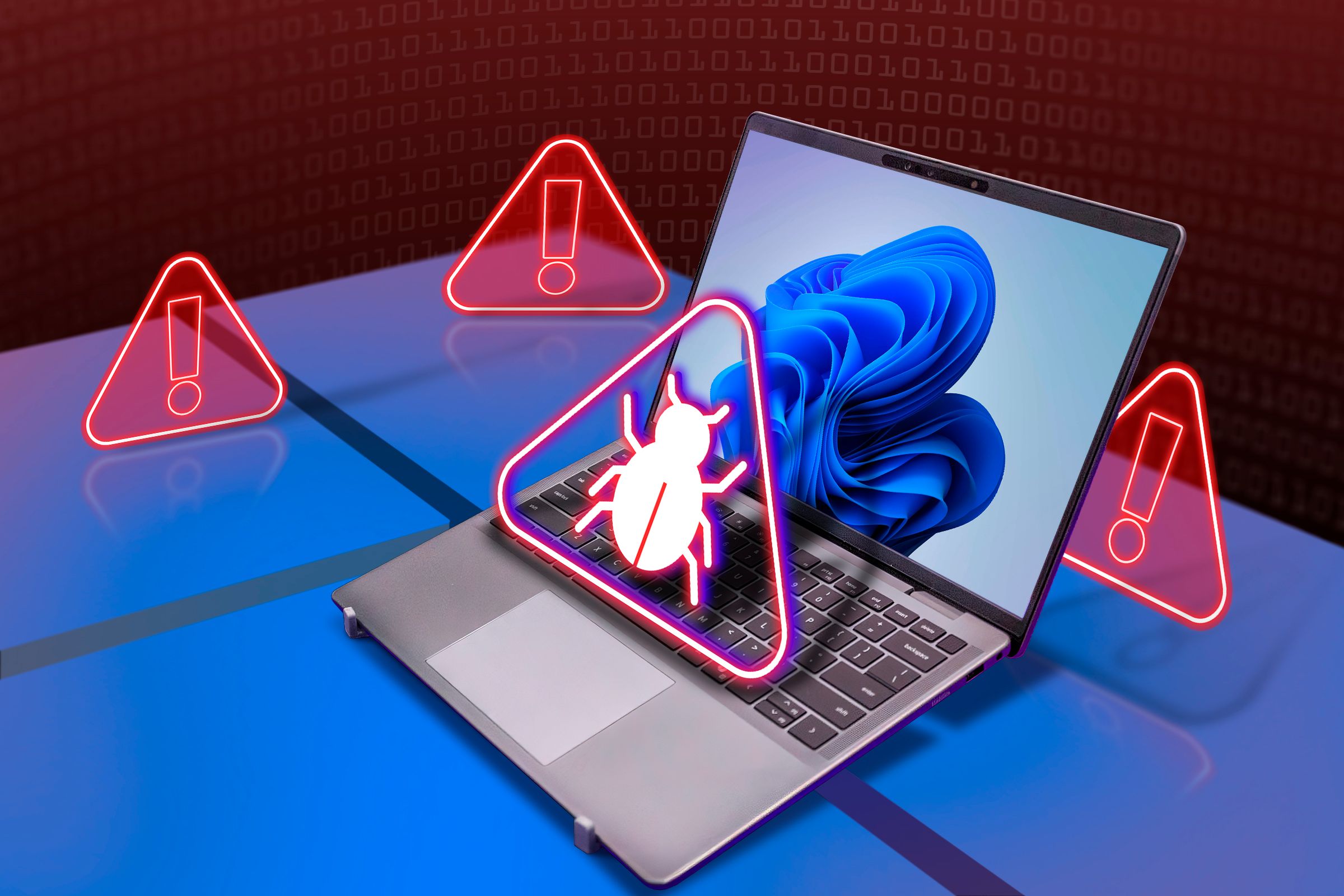Now Reading: Debunking 7 Common Myths About Computer Viruses
-
01
Debunking 7 Common Myths About Computer Viruses
Debunking 7 Common Myths About Computer Viruses

Fast Summary
- Macs and Linux Vulnerability: Contrary to popular belief, Macs and linux computers are not immune to viruses. Examples of macOS and Linux malware have been documented, although these operating systems face fewer threats due to their smaller market share compared to Windows. The growing popularity of these platforms is leading to an increase in targeted threats.
– macOS features built-in antivirus defenses like XProtect; third-party tools such as CleanMyMac are also available.
- Email Viruses: While email attachments remain a risk for spreading viruses, most modern email platforms pre-scan files for malware before users access them. Opening emails without attachments does not pose a important threat today due to security advancements that block macro-based vulnerabilities.
- Antivirus Limitations: Antivirus software is not foolproof protection against cybersecurity risks. Users still need cautious online behavior as no tool can guarantee immunity against all threats.
Images:
Indian Opinion Analysis
India’s rapidly expanding internet user base faces unique challenges concerning cybersecurity myths highlighted in this report-such misconceptions could breed complacency among users relying on operating system distinctions or anti-virus programs alone for protection. With tech adoption growing across sectors like government services and financial transactions, proactive education about all-encompassing digital hygiene practices will be essential.
For Indian businesses moving toward digitized operations or using systems like macOS/Linux alongside Windows, the rising frequency of cross-platform cyberattacks underscores the importance of adopting robust defensive strategies beyond elementary measures such as basic antivirus installations.
Government campaigns emphasizing secure IT frameworks combined with broader consumer awareness programs could play critical roles in fostering responsible internet habits-a crucial step toward safeguarding individuals’ data privacy while ensuring uninterrupted access across industries reliant on digital ecosystems.
Read more: [source link]Quick Summary:
- Antivirus software is essential but not entirely foolproof; users should avoid risky online behavior despite having protection installed.
- Pop-ups claiming “virus found” on certain websites are often scams aiming to install malware under the guise of antivirus software.
- Slow computer performance is not always due to viruses; several othre factors could be responsible, and users can consult tips for improving system speed.
- contrary to popular belief, phones and tablets are susceptible to malware, though often less vulnerable than traditional PCs.
Indian opinion Analysis:
In India,where digital connectivity is rapidly increasing alongside smartphone penetration,cybersecurity education assumes critical importance. The outlined misconceptions-reliance on antivirus alone or exclusion of phones from security concerns-highlight gaps in awareness among both urban and rural populations. With India’s booming IT sector and increasing use of mobile banking apps, misinformation about device vulnerabilities may increase risks for individuals who lack cybersecurity training. Nationwide campaigns focusing on safe online practices could mitigate these risks effectively while complementing technological advancements in security solutions.
Read more: [Link provided in the source]
Quick Summary
- Smartphones and tablets, as programmable computers, are susceptible to viruses, though the risk is reduced by app store safeguards.
- Risks increase when users “sideload” apps or purchase devices with pre-installed malware from unreliable sources.
- iPhones have near-zero malware risk unless “jailbroken,” but vulnerabilities remain possible.
- Modern computer viruses often work quietly in the background without obvious signs of infection to evade detection by users or antivirus programs.
- Some viruses persist even after appearing to be removed, leaving backdoors or infecting firmware for potential reinfection.
Indian Opinion Analysis
India’s rapid digital transformation and growing smartphone penetration make the discussion on cybersecurity particularly relevant. With a broad reliance on Android devices in India due to their affordability,sideloading apps and buying cheap devices from questionable sources could expose users to heightened risks. As modern malware evades detection and persists through various mechanisms, public awareness campaigns about safe technology practices become essential. strengthening consumer trust via secure platforms will likely play a key role in sustaining India’s ongoing digital revolution. The emphasis should be placed on educating urban and rural users alike about potential risks while encouraging adherence to official app ecosystems.

























